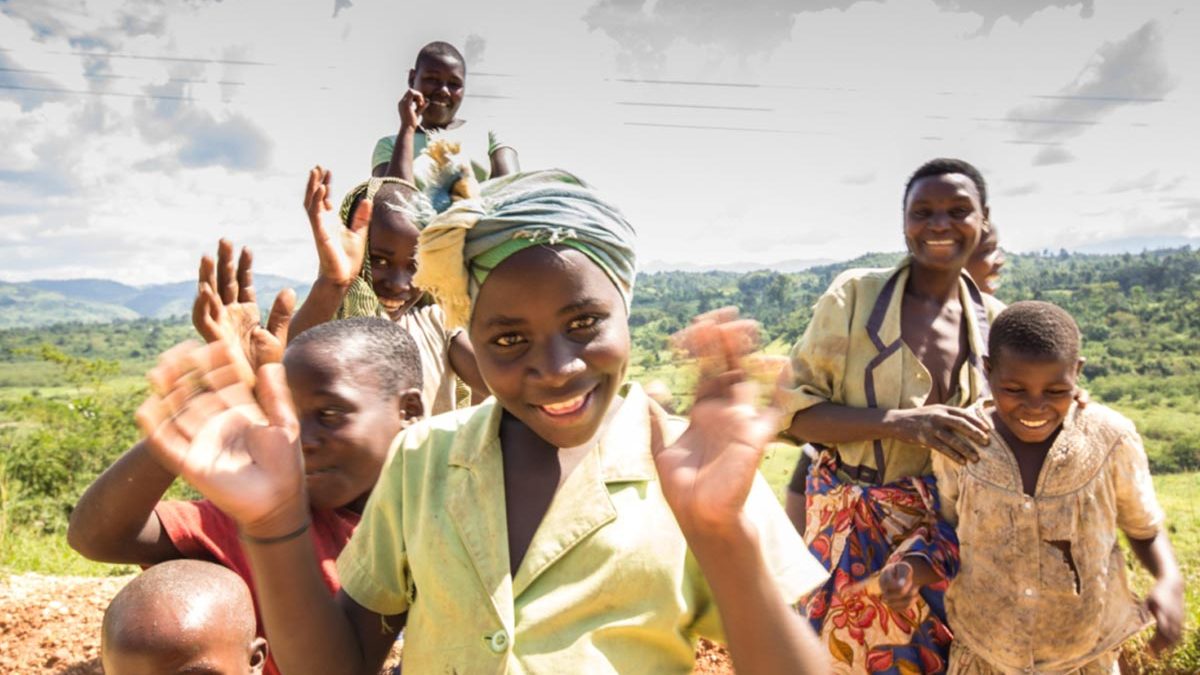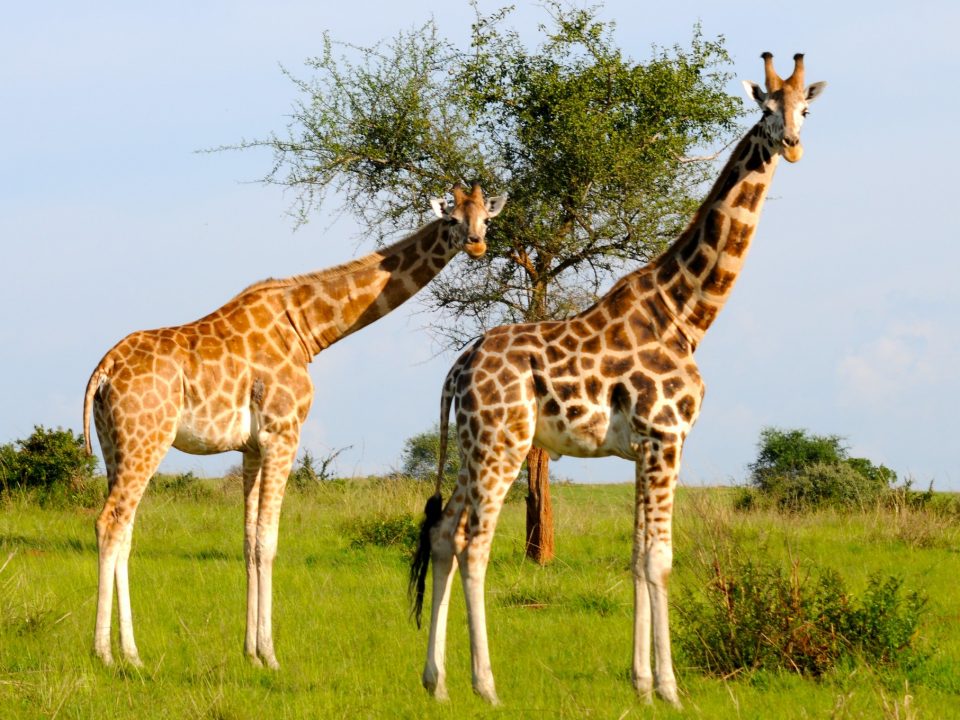

In Uganda oral tradition was the sole medium of communication for centuries and writing did not start till about 1832 and 1859. Oral tradition hence profoundly shaped and formed the institutions of different societies in Uganda for a long time. The young sat around fire places with their elders in the evenings to listen and learn from them through story telling. This medium of communication generally seems to have taken more primacy in Africa which perhaps illuminates the old adage “if you want to hide something from an African hide it in a book.” In Africa we did not express the facts of life silently through writing, we spoke them out, and we gathered our children and toldthem. We met and talked about life in clan meetings held to provide guidance and resolve conflict. We have always talked and talked and talked. The fire place evening stories were life equipping lessons and disobedience was abominable and punishable by public flogging, excommunication and sometimes death. The African culture operated in a system of total obedience with a smooth handover of tradition from one generation to another.Moreover I can hardly identify a word that clearly translates the word dictator among the native languages of Uganda. Oral tradition seems to have played it’s role well except for the disorder that resulted from misunderstood communications on inheritance besides other concerns.
Sometimes am prompted to think that oral tradition was more deeply rooted in Uganda in comparison to other African countries. Ugandans like to talk and several of my “muzungu” friends think we talk too much! Ceremonies in Uganda are dominated by speeches. At graduation parties it’s normal to have the primary, high school and university teachers of the grandaunt giving speeches. It’s normal for all your aunties, uncles, fathers and mothers to give a speech on your wedding ceremony because, our best wishes cards are oral. A man promoted to a ministerial position in the Uganda government once walked up a church pulpit with his extended family to give thanks. My muzungu friend was quick to observe that the minister had come along with his relatives on an affair that was a concern of his wife and children alone.Moreover we don’t have words like nuclear and extended family in our native languages here. We don’t have a word for cousin and here is why; all your father’s brothers are your fathers hence all their children are your brothers and sisters. All your mother’s sisters are your mothers hence all their children are your brothers/sisters fancy that!
Coming from a talking culture Ugandans are very warm people. In Uganda we say hello and easily start conversations with new faces at the market, shop, on the bus and at the party. This again reminds me of my mzungu friend. I keep referring to her because I have always found her concerns “strange”. At a party I attended with her in Kampala, she wondered how to start off conversations with the new faces all around. This came as a shock to me because in Uganda we just exchange greetings and that’s where it all starts. Be sure you have the patience to listen before you go starting conversations in Uganda we surely talk and talk.
Just when you maybe convinced starting conversations with Ugandans may turn out tiresome a new trend is unconsciously usurping our talking culture. Wattsapp and face book are changing us into a silent lot that only writes and posts pictures to express ourselves to a people not our own. The word stranger is slowly taking root. Parents and grandparents no longer have a chance to pass on their heritage through oral tradition. The fire places have been put out and new words like uncle, cousin auntie have been coined to seem like they always had a place among us. Fathers and mothers no-longer know or understand their children because the effective communication linesof talking about things are broken. Silence is becoming trendy and people can barely look each other in the eye because they might miss the next facebook and wattsapp post. If this is what living the “modern and civilized” life entails am intentionally going to be very picky because, if I don’t my Uganda might lose its cultural charm soon.Who lets that happen?


